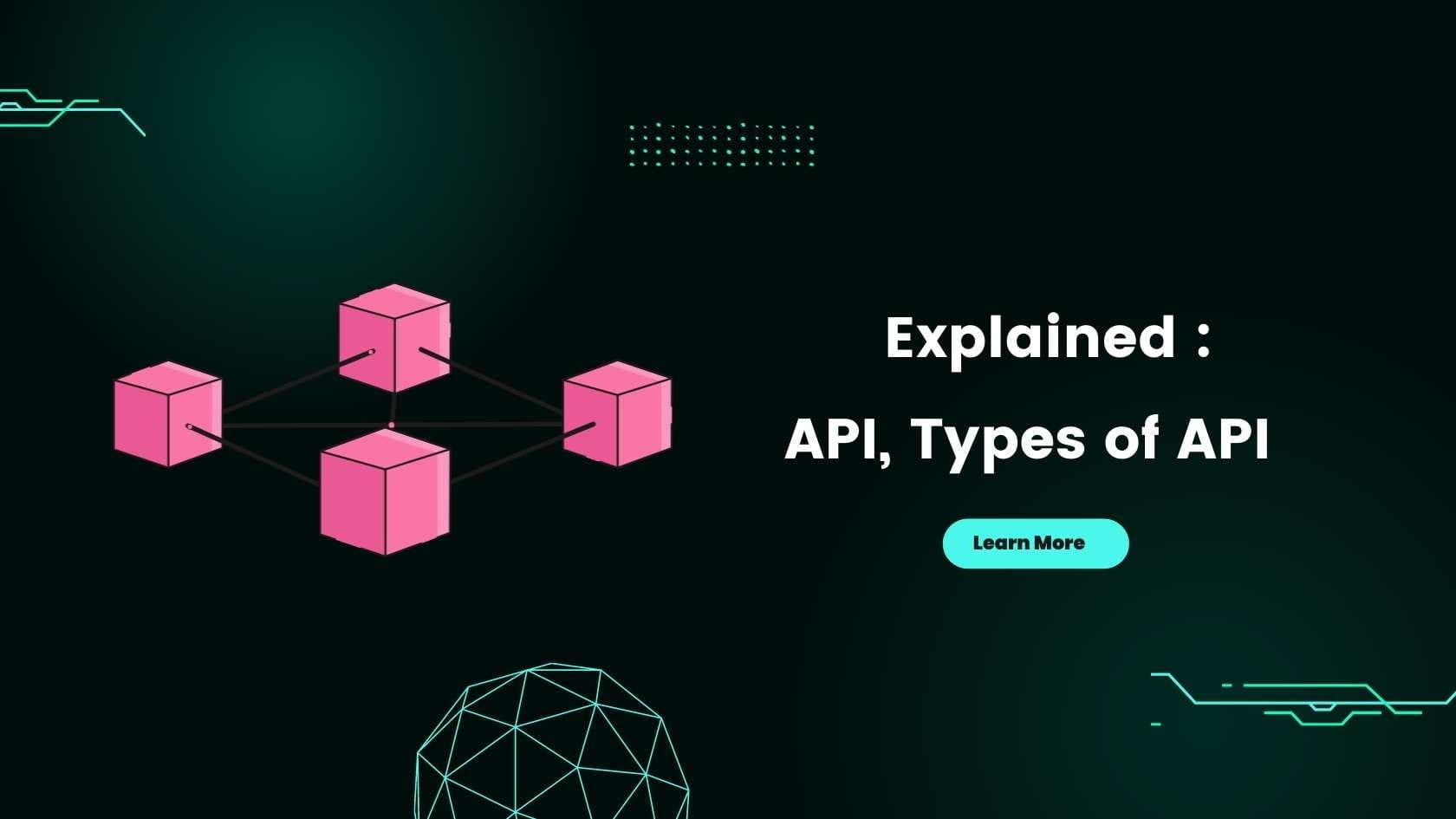
What is #API in context to crypto?
In the world of cryptocurrency, APIs (Application Programming Interfaces) play a crucial role in allowing developers to interact with different blockchain networks and build decentralized applications. An API is a set of rules and protocols that define how software applications can communicate with each other. In the crypto world, APIs allow developers to create software applications that can interact with different blockchain networks, retrieve data, and execute transactions.
Types of APIs in Crypto:
There are three main types of APIs used in the crypto world, namely:
Blockchain Node API: The #blockchain node API is the most basic API used in the crypto world. It is used to retrieve data from a blockchain node, which is a computer that stores a copy of the blockchain. Developers can use the blockchain node API to retrieve data such as transaction history, current balance, and other relevant information. The blockchain node API is essential for building #decentralized applications that require access to the blockchain's data.
Exchange API: Exchange APIs are used to interact with cryptocurrency exchanges. Cryptocurrency #exchanges are online platforms where users can buy and sell cryptocurrencies. Developers can use exchange APIs to retrieve market data, execute trades, and manage their accounts on the exchange. Exchange APIs are essential for building trading bots and other applications that require access to real-time market data.
Wallet API: Wallet APIs are used to interact with cryptocurrency wallets. A cryptocurrency wallet is a digital wallet that stores cryptocurrencies. Developers can use wallet APIs to retrieve balance information, execute transactions, and manage their cryptocurrency portfolios. Wallet APIs are essential for building applications that require access to multiple wallets.
Functions of APIs in Crypto:
APIs play several important functions in the #crypto world. Some of the functions include:
Data Retrieval: APIs allow developers to retrieve data from blockchain nodes, cryptocurrency exchanges, and cryptocurrency wallets. This data can be used to build applications that require access to real-time market data, transaction history, and other relevant information.
Transaction Execution: APIs allow developers to execute transactions on blockchain networks and cryptocurrency exchanges. This feature is essential for building decentralized applications that require the execution of smart contracts and other automated processes.
Account Management: APIs allow developers to manage their #cryptocurrency accounts on different blockchain networks and cryptocurrency exchanges. This feature is essential for building trading bots and other applications that require access to multiple cryptocurrency accounts.
How APIs Work in Crypto:
APIs work by sending and receiving HTTP requests. When a developer wants to retrieve data or execute a transaction, they send an HTTP request to the API. The API then processes the request and returns the requested data or executes the transaction. APIs use JSON (JavaScript Object Notation) to transfer data between the client and the server.
APIs also use authentication mechanisms to ensure that only authorized users can access the data or execute transactions. Authentication mechanisms can include API keys, OAuth, and other security protocols.
Conclusion:
In conclusion, APIs are essential tools for developers building decentralized applications and other software applications in the crypto world. APIs allow developers to retrieve data, execute transactions, and manage their cryptocurrency accounts on different blockchain networks and cryptocurrency exchanges. The three main types of APIs used in the crypto world are blockchain node APIs, exchange APIs, and wallet APIs. With the increasing popularity of cryptocurrencies and blockchain technology, the use of APIs in the crypto world is likely to grow significantly in the coming years.
